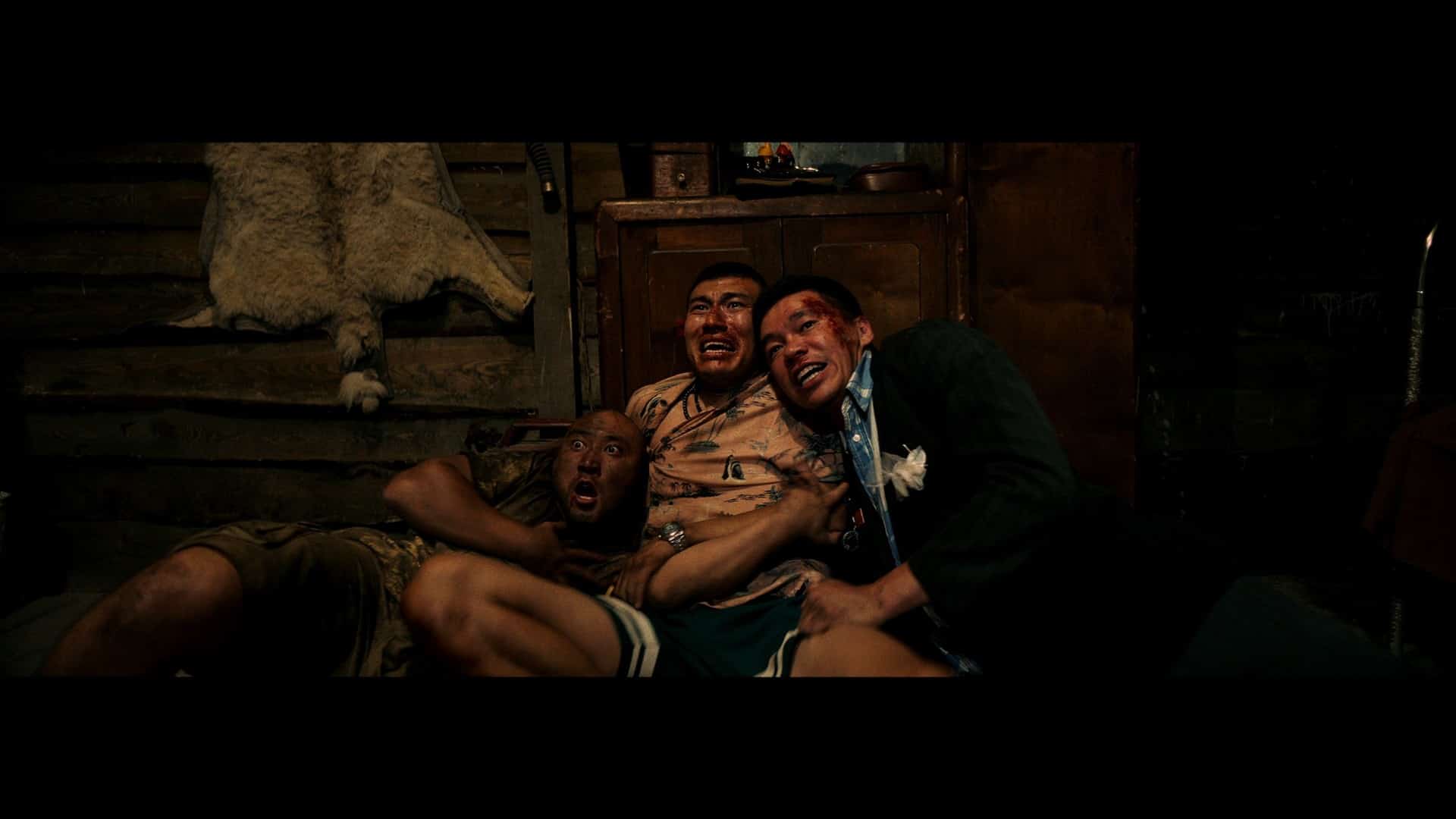The second film in Arrow's Diamond Guys Vol 2 takes a more definite turn towards the comical, being a parody of the crime noir film.
In the film's intro, it is stated that “danger is where the money is,” and that is actually the main theme of the film, which deals with a case of counterfeiting, revolving around an expert forger and the efforts of a crime syndicate headed by Hijikata and various individuals, to have him working for them. The parody element of the film kicks right in, as these individuals have names like “Glass Headed” Joe (the protagonist), “Slide Rule” Tetsu, and “Dump-Truck” Ken, while the expert forger is comfortably named “The Expert.” The three aforementioned eventually team up, and along with Tomoko, an ex-secretary, skilled in Judo and Aikido, go against Hjikata and his henchmen.
Buichi Saito incorporates various hilarious characters and notions, as is Expert's wife, a senile, extremely loud old woman who is proficient with guns, the fact that the Expert wants to work in a cabaret, ending up in one called Acapulco, and the preposterous vehicle Joe drives, a two-wheeled, vivid red “car” that can fit only two people. Add to that the fact that Joe got his name because he runs away screaming every time he listens to scratching glass (with his adversaries frequently taking advantage of this tendency) and that Tomoko has also a degree in French literature and gets into fights a lot, and you have a true parody.
However, the beginning and the ending of the film have a completely other tone, since they are quite violent and bloody. Particularly the finale is the film's most impressive scene as the two opposing sides shoot at each other inside an elevator shaft, while a vivid red light bathes the whole scene in color. This part is where the technical aspect of the film proves its prowess, with wonderful cinematography by Shinsaku Himeda, great sound by Nobumasa Fukushima and distinct editing by Shohei Ando. In that aspect, the movie benefits the most from the digital transfer of the original, 1962 Nikkatsu title in Blu-Ray format.
Joe Shishido is the definite protagonist of the movie as Glass Headed” Joe, exhibiting equal measures of fun and coolness, while Ruriko Asaoka has a more active role this time (than in “Tokyo Mighty Guy”), being hilarious as a martial arts expert. However, the ones that steal the show are the elderly couple played by Bokuzen Hidari and Toyoko Takechi, who raise laughs each time they appear on screen.
Overall, the film's shows its age only in the script, which is nonsensical at times, but other than that is a very entertaining spectacle.

















